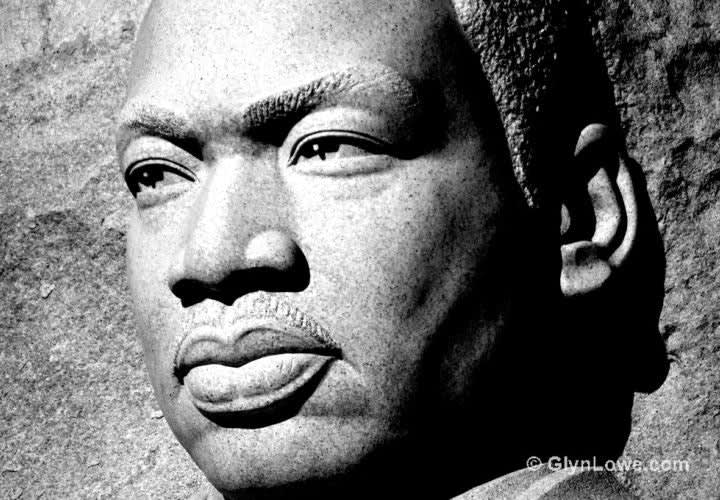It should be obvious when seemingly singular localized events can take on national attention, causing the police profession as a whole to be questioned as unjust. The early frustration in the Trayvon Martin case was directed squarely at the Sanford (Fla.) Police Department. Not only can these events raise questions, but they can also be sadly polarizing experiences for our nation.
Regardless of how accurate the perception is of police in the eyes of minority Americans, if police are viewed in certain neighborhoods as an occupying force who are prone to bias, it's difficult to have short- or long-term success in making a community safe to live and work. Despite this, there are many things police agencies and officers can do to build trust especially with young people where early imprinting can have a huge effect.
Endorsing community policing programs is an important first step in developing a people's confidence in their public servants. Efforts can range from more foot patrols to collaborative crime prevention strategies that include the public's participation. Of special importance is the use of police officers in teaching roles with kids. This can be accomplished through putting more cops in classrooms where they can teach safety programs like e-Copp that instructs students on Internet safety or DARE, which addresses drug abuse.
These efforts can continue as children get older by providing more police training programs like Explorer classes that encourage a career in law enforcement. By helping show the appeal of protecting and serving, more young Americans from minority backgrounds may want to follow a career in law enforcement and help shape its future.
When it comes to the agencies and individual officers, more training that addresses constitutional law, verbal skills, and cultural awareness may help produce more knowledgeable officers versed in the law who value the uniqueness of American life and can speak to people with professionalism. Also, regularly encouraging officers to follow the Golden Rule from the Sermon on the Mount of treating others the way you want to be treated can result in high-caliber officers who are likely to appreciate balancing the letter of the law with the spirit of the law.












